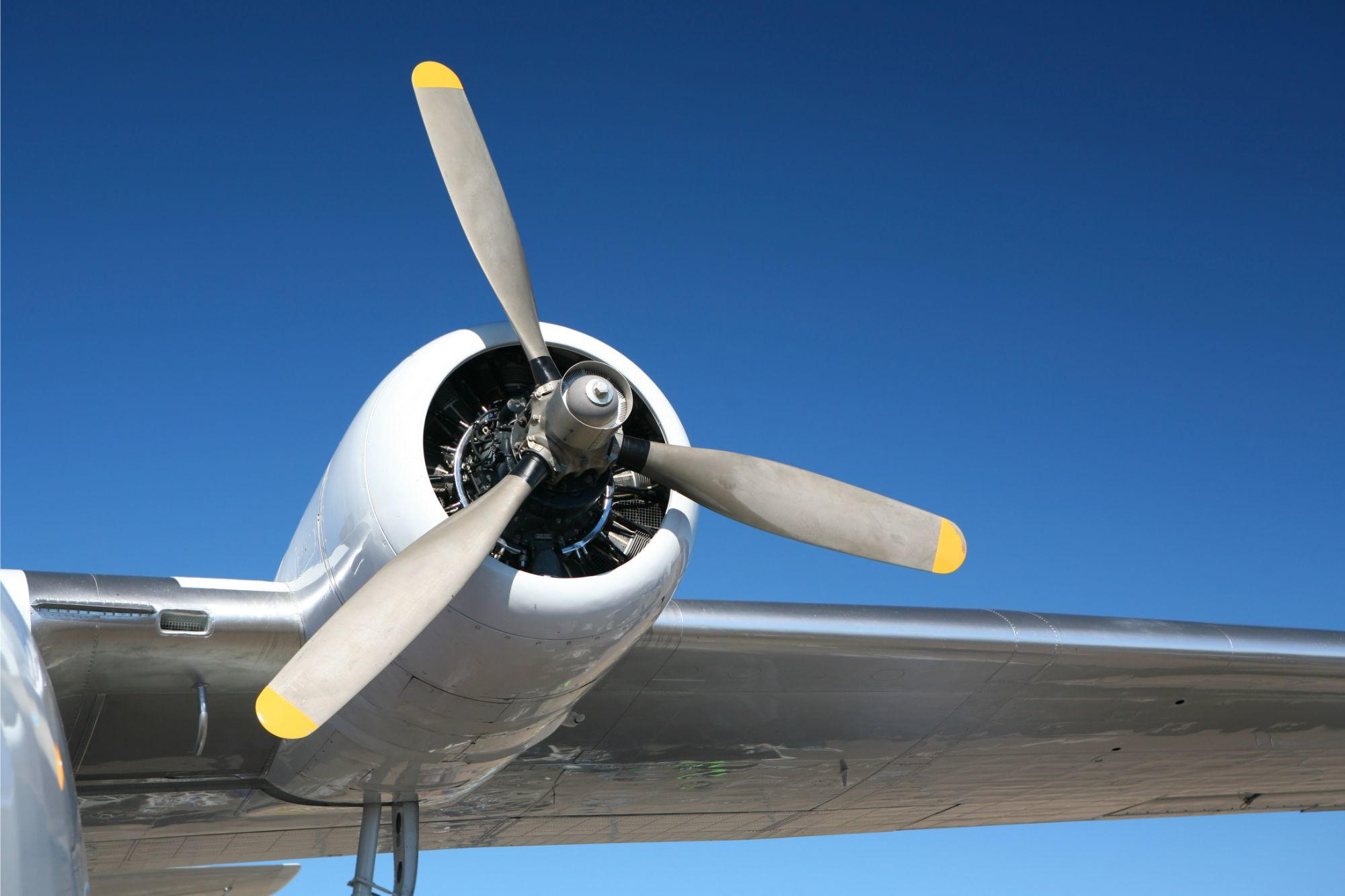
Researchers at Chalmers University of Technology, Sweden, have developed a propeller design optimization method that paves the way for quiet and efficient electric aviation.
The electrification of aviation is viewed as a crucial component in the creation of a fossil fuel-free future. However, electric aviation is faced with a challenge: the more energy-efficient the aircraft, the louder it becomes. Fortunately, researchers at Chalmers University of Technology in Sweden have developed an optimized propeller design that opens up the possibility for electric aviation to be both quiet and efficient.
Electrification has been touted as a key factor in mitigating emissions from the aviation industry in recent years. The main area of focus for electrification is short-distance electric propeller planes, as they present fewer obstacles in terms of range limitations. Propellers driven by electric motors are deemed to be the most efficient propulsion system for regional and domestic flights.
But while airplanes are electric, propellers cause another kind of emission – noise. The noise from the propeller blades wouldn’t just disturb air passengers. Future electric aircraft will need to fly at relatively low altitudes, with noise disturbance reaching residential areas and animal life.

Hua-Dong Yao, Associate Professor and researcher in fluid dynamics and marine technology, Department of Mechanics and Maritime Sciences, Chalmers University of Technology, Sweden. Credit: Chalmers University of Technology | Henrik Sandsjö
Battling a trade-off dilemma
This is where the research community faces a dilemma. The ambition of developing electric aircraft that are both quiet and energy-efficient is somewhat thwarted by a trade-off problem.
“We can see that the more blades a propeller has, the lower the noise emissions. But with fewer blades, propulsion becomes more efficient and the electric aircraft can fly for longer. In that sense, there is a trade-off between energy efficiency and noise. This is something of an obstacle for electric aircraft that are both quiet and efficient,” explains Hua-Dong Yao, Associate Professor and researcher in fluid dynamics and marine technology at Chalmers University of Technology.
An optimized design for quiet and efficient propellers
But now, Hua-Dong Yao and his research colleagues may be one step closer to a solution. They have succeeded in isolating and exploring the noise that occurs at the tip of the propeller blades, or “tip vortices”, a known but less well-explored source of the noise. In isolating this noise, the researchers were able to fully understand its role in relation to other noise sources generated by propeller blades. By adjusting a range of propeller parameters, such as pitch angle, chord length, and a number of blades, the team found a way to optimize the propeller design and even out the trade-off effect between efficiency and noise. The method, described in the study published in the journal Aerospace, can now be used in the design process of quieter propellers for future electric aircraft.
“Modern aircraft propellers usually have two to four blades, but we’ve found that by using six blades designed using our optimization framework, you can develop a propeller that’s both relatively efficient and quiet. The propeller achieves a noise reduction of up to 5-8 dBA with only a 3.5 percent thrust penalty, compared to a propeller with three blades. That’s comparable to the noise reduction of someone going from speaking in a normal conversation voice to the sound you would perceive in a quiet room,” says Hua-Dong Yao.
- A-weighted decibel (dBA or dB(A)) is an expression of the relative loudness of sounds as perceived by the human ear. A-weighting gives more value to frequencies in the mid-range of human hearing and less value to frequencies at the edges as compared to a flat audio decibel measurement. A-weighting is the standard for determining hearing damage and noise pollution.
Reference: “Blade-Tip Vortex Noise Mitigation Traded-Off against Aerodynamic Design for Propellers of Future Electric Aircraft” by Hua-Dong Yao, Zhongjie Huang, Lars Davidson, Jiqiang Niu and Zheng-Wei Chen, 15 December 2022, Aerospace.
DOI: 10.3390/aerospace9120825
The study was funded by the Transport Area of Advance at Chalmers University of Technology.
"electric" - Google News
April 21, 2023 at 08:51PM
https://ift.tt/CMWLSHr
Quiet and Efficient – New Propeller Advance Paves Way for Electric Planes - SciTechDaily
"electric" - Google News
https://ift.tt/wEreWno
https://ift.tt/hfqkI1Q
Bagikan Berita Ini














0 Response to "Quiet and Efficient – New Propeller Advance Paves Way for Electric Planes - SciTechDaily"
Post a Comment